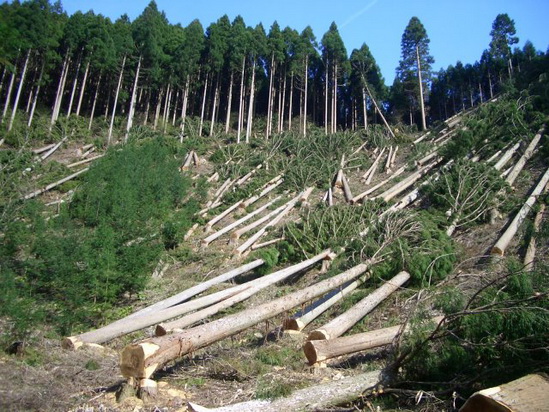The Forbidden City
was the Chinese imperial palace from the Ming Dynasty to the end
of the Qing Dynasty. It is located in the middle of Beijing,
China, and now houses the Palace Museum. For almost 500
years, it served as the home of emperors and their households,
as well as the ceremonial and political center of Chinese
government. Built in 1406 to 1420, the complex consists of 980
buildings with 8,707 bays of rooms and covers 720,000
m2 (7,800,000 sq ft). The palace complex exemplifies
traditional Chinese palatial architecture and has influenced
cultural and architectural developments in East Asia and
elsewhere.
|







No comments:
Post a Comment